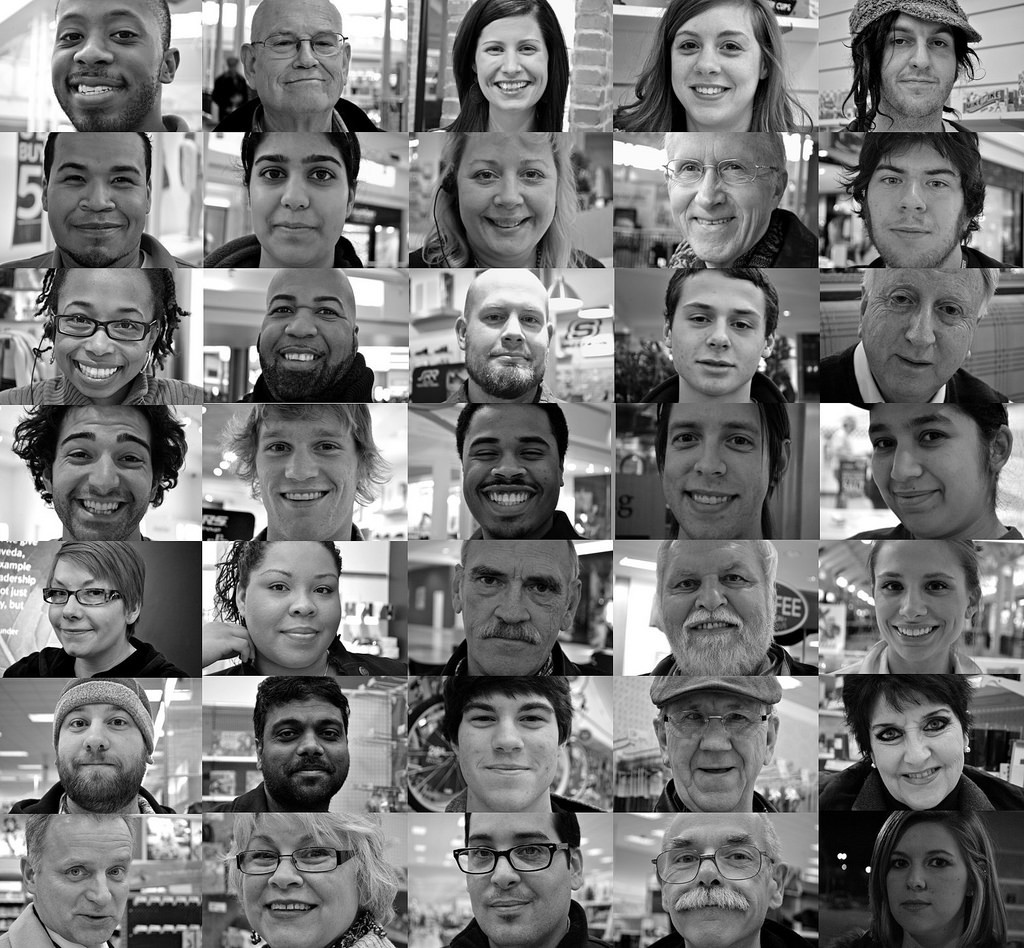Many years ago I used to play the djembe, a traditional drum from the west African nations. I met many wonderful people during these years and due to our varied interests in music and travel, our daily occupations were never really a topic of conversation. However, one friend I made in particular I often think of with great fondness mainly due to the large life lesson I learnt. I knew her for almost two years without knowing what she did for an occupation. I knew she was studying a part time course however I had never enquired past that. She was studying community social work with electives in rehabilitation for previous IV drug users.
One day I was driving her home after a djembe class and it suddenly occurred to me, I asked her ‘I’ve never actually asked you what you do for work each day?’. She very pleasantly and openly turned to me and said ‘oh really? Oh well I am a prostitute, I work in a brothel’ ‘We are actually just about to drive past it, would you like a tour?’. I was quite taken a back at the time with this truth, and hadn’t expected this response at all. I’m not sure how much people would understand my use of the word, privilege in this context, however that is how I felt in that moment, when she offered me a look inside a place of such mystery and taboo. I felt a deep sense of privilege that I was entrusted and invited to get a look inside a fellow human beings daily context, so vastly different to my own.
That experience is always one of the first I remember about this time of year, when our new registrar and nursing staff start their rotations. It reminds me of the vastly different experiential backgrounds new staff bring with them into a resuscitation team. How my friends past experience as a prostitute was in fact helping her become a more empathetic and understanding social worker in the future.
When looking at the #humanfactors of resuscitation teams, the people that come together to create them, all bring with them varied backgrounds and experience. Team building and trust between colleagues is built upon the sharing of these diverse experiences. The bonding of new team members with long standing staff often occurs quicker when the new individuals behaviours and practice is inline with the current culture of the team. I challenge you however to confront these mind sets we often create for ourselves when stationary within the same work environment long term, and remain open to concepts and ideas that new staff may bring with them.
Start your team building this time of year by talking with your new colleagues about their previous experiences that might be vastly different to your own. Explore how these experiences can contribute to your team. It can be a privilege to hear their stories, no matter what the background.

References
1. Kerfoot KM. (2010). Solving leadership problems by going to the zoo: the pull of diverse experiences. Nursing Economic$, 28(3), 212–211.
2. McNeil, K. A., Mitchell, R. J., & Parker, V. (2013). Interprofessional practice and professional identity threat. Health Sociology Review, 22(3), 291–307.
3. Zahl, M., Greenwood, J., Ramella, K., Sullivan, A.-M., & Wilder, A. (2016). Interprofessional Education and Experiences Within Therapeutic Recreation Education. Therapeutic Recreation Journal, 50(4), 291–303.

